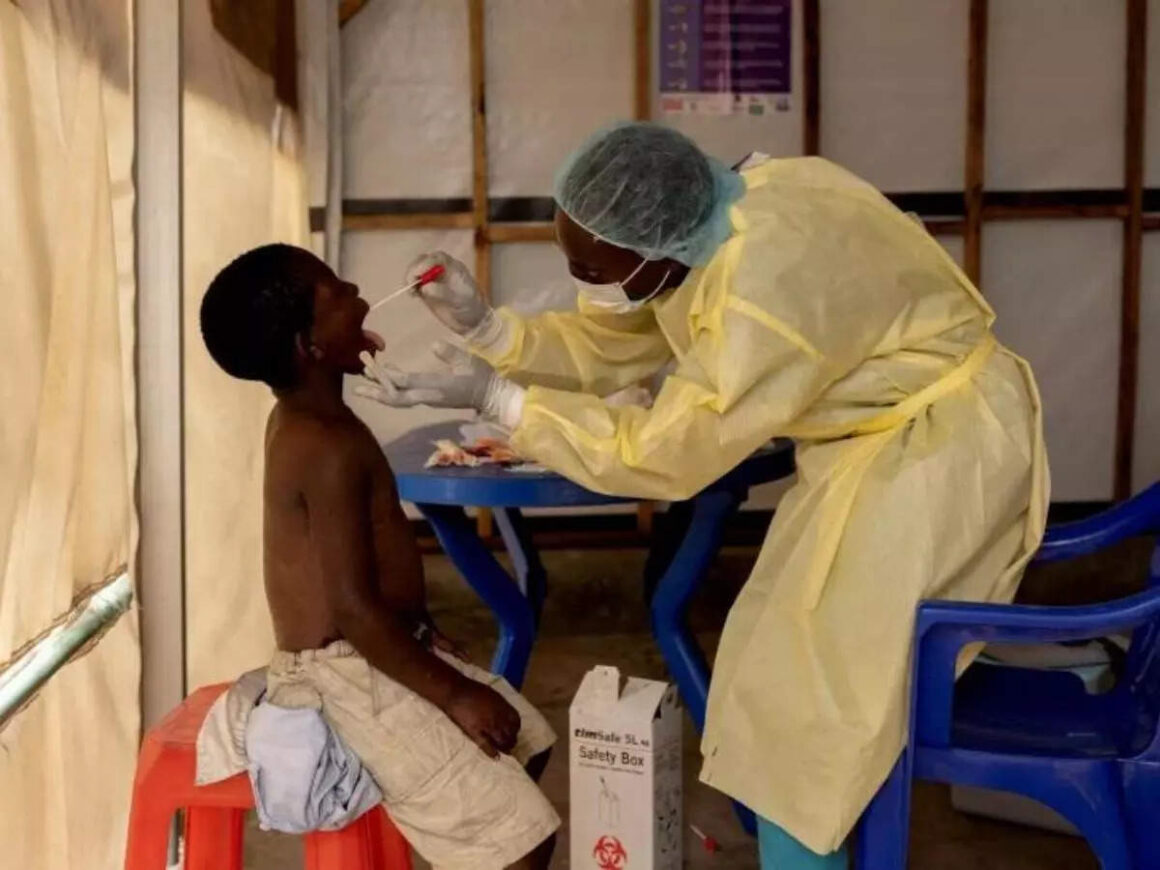The World Health Organization’s recent declaration of mpox as a Public Health Emergency of International Concern (PHEIC) has ignited global concerns about another potential pandemic. While the situation is serious, it’s crucial to understand the nuances of the outbreak and India’s preparedness.
Mpox A Global Health Concern: What We Need To Know About Another Pandemic?
Mpox, formerly known as monkeypox, is a viral zoonotic disease that was primarily confined to Central and Western Africa. However, a significant global outbreak occurred in 2022, spreading to over 70 countries. This unprecedented surge raised alarms about the virus’s potential to become a pandemic.
COVID-19 Pandemic In India
India was not immune to the 2022 outbreak. The country reported several cases, with some linked to international travel and others with no apparent travel history. While the situation was managed effectively, it underscored the need for robust surveillance and response mechanisms.
The current outbreak in the Democratic Republic of Congo (DRC) is particularly concerning due to the emergence of a new, more transmissible variant. This development has heightened fears of a wider spread and potential resurgence of the disease.
India’s preparedness for a potential mpox outbreak is a complex issue. The country has experience in managing infectious diseases, as evidenced by its response to COVID-19. The established surveillance network and healthcare infrastructure provide a foundation for addressing new health threats.
However, challenges remain. India’s vast population and diverse geographical conditions present unique hurdles in disease control. Resource allocation, especially in rural areas, can be a bottleneck. Additionally, the emergence of new variants necessitates continuous adaptation of surveillance and response strategies.
How To Stay Safe From Mpox Virus?
To mitigate the risk of a mpox outbreak, India must prioritize the following:
Strengthening Surveillance: Expanding surveillance networks to detect early cases is crucial. This includes training healthcare providers to recognize mpox symptoms and establishing efficient reporting systems.
Public Awareness: Educating the public about mpox symptoms, transmission modes, and preventive measures is essential. Promoting healthy hygiene practices and safe sexual behavior can significantly reduce the risk of transmission.
Vaccination: While no specific mpox vaccine is widely available, the smallpox vaccine offers some protection.
Exploring the feasibility of vaccination campaigns should be considered, especially for high-risk groups.
Research and Development: Investing in research to understand the virus better is crucial. Developing effective vaccines, treatments, and diagnostic tools is essential for combating future outbreaks.
International Cooperation: Collaborating with global health organizations and other countries is vital for sharing information, resources, and best practices.
While the threat of a mpox pandemic cannot be dismissed, India’s preparedness, coupled with global cooperation, can significantly reduce the risk. Continuous monitoring, rapid response, and public awareness are essential components of a comprehensive strategy to protect public health.
It’s important to note that the situation is evolving, and experts continue to monitor the global Mpox landscape. As new information emerges, it’s crucial to stay informed and follow the guidance of health authorities.

